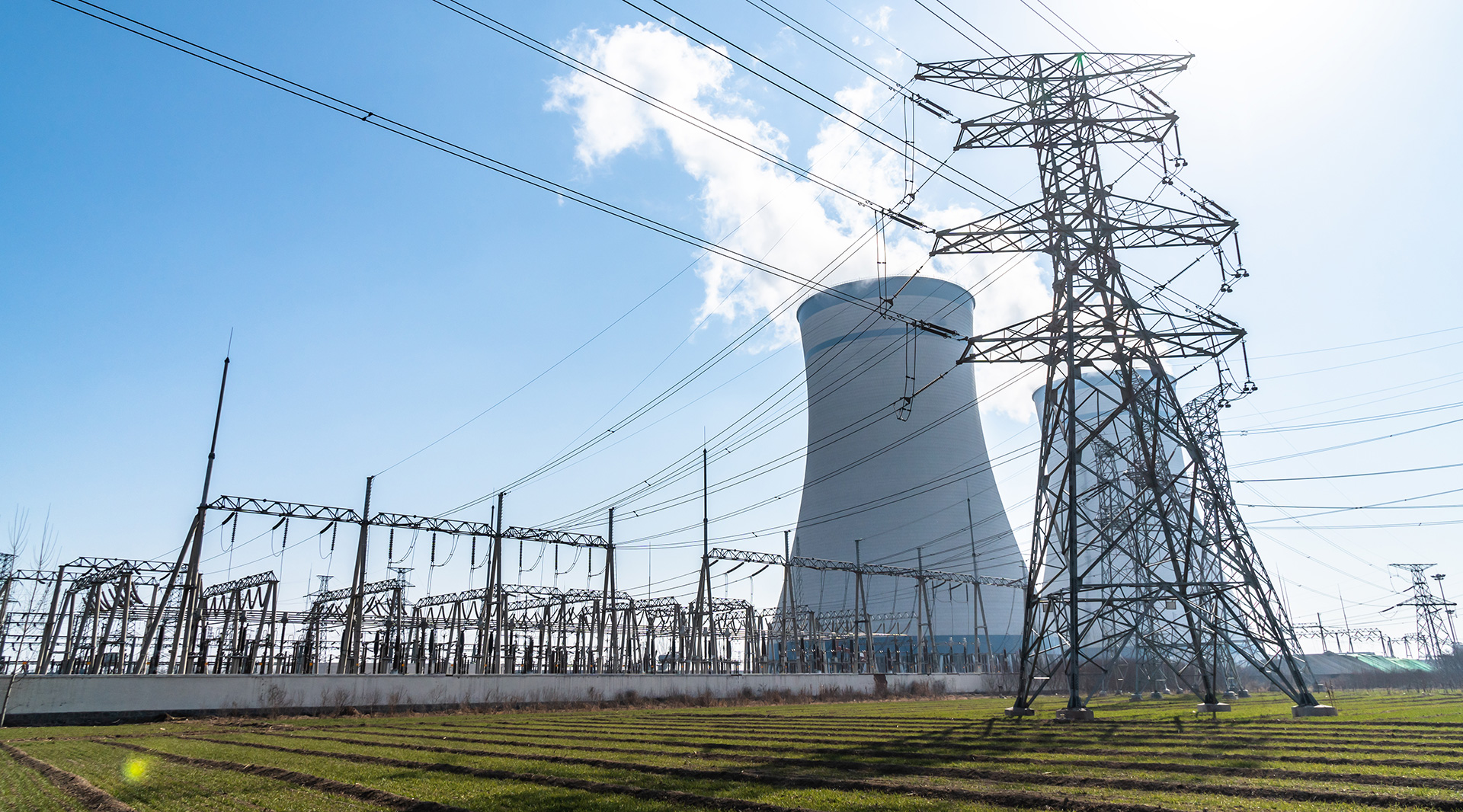21 November 2019
Ofgem and industry to develop arrangements to curtail charging in emergency circumstances.
As well as delivering direct consumer benefits, smart charging will also be key to protecting the energy networks by helping to relieve operational constraints.
Smart charging should be delivered by the market for the consumer. In rare cases however it may be necessary to undertake ‘emergency charge limitation’ – whereby a network operator issues an instruction to a chargepoint to stop or curtail charging – to prevent network failure and loss of supply to consumers.
Emergency charge limitation would only be used in limited circumstances as a short-term, last resort action to meet a proven need and in the absence or failure of market-based solutions (e.g. extreme weather events, loss of gas in an area temporarily creating electrical heat demand peaks, faults on the network, etc.).
Ofgem has yet to determine whether emergency charge limitation is justifiable and should be permitted. The Electric Vehicle Energy Taskforce does not wish to pre-empt Ofgem’s decision andhas instead laid out key considerations to help inform its decision-making process.
If permitted, network and system operators must work with Ofgem, industry and consumer representatives to develop governance arrangements for the use of emergency charge limitation which must require the following:
Limits must also be set on usage over a 24-hour period and a 30-day period with penalties and incentives set under Ofgem’s RIIO ED2 to ensure that network operators only use emergency charge limitation as intended;
Issues that will need further consideration include:
If permitted, network and system operators must work with Ofgem, industry and consumer representatives to develop governance arrangements for the use of emergency charge limitation by a network company. Emergency charge limitation should only be used as a last resort to maintain the safety and security of the electricity system.
